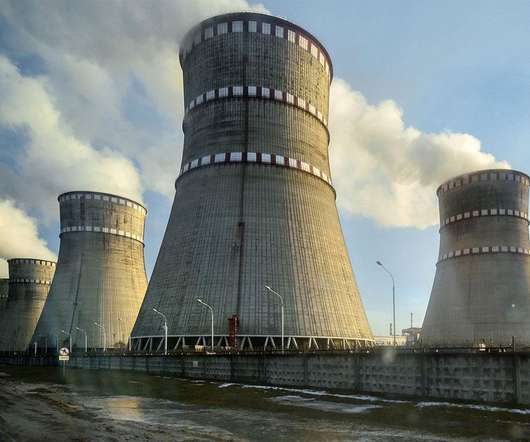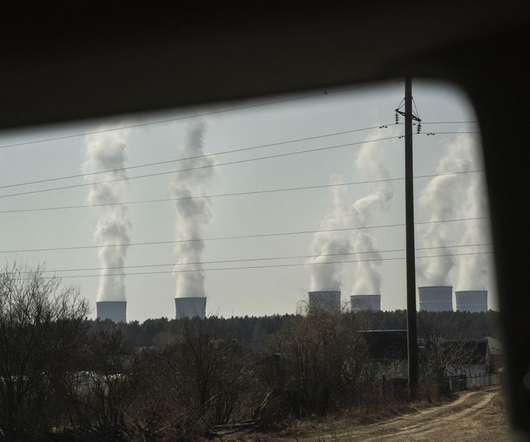Ukraine Scrubbing Nuclear Agencies of Russian Influence
Cars That Think
MARCH 29, 2022
The immediate cause appears to be concern about possible sabotage of nuclear power plants and fuel-handling operations from within—either to cause a nuclear incident or to pave the way for Russian forces to seize or retain control of key installations. But in recent years it has continued to order Russian fuel assemblies.












Let's personalize your content